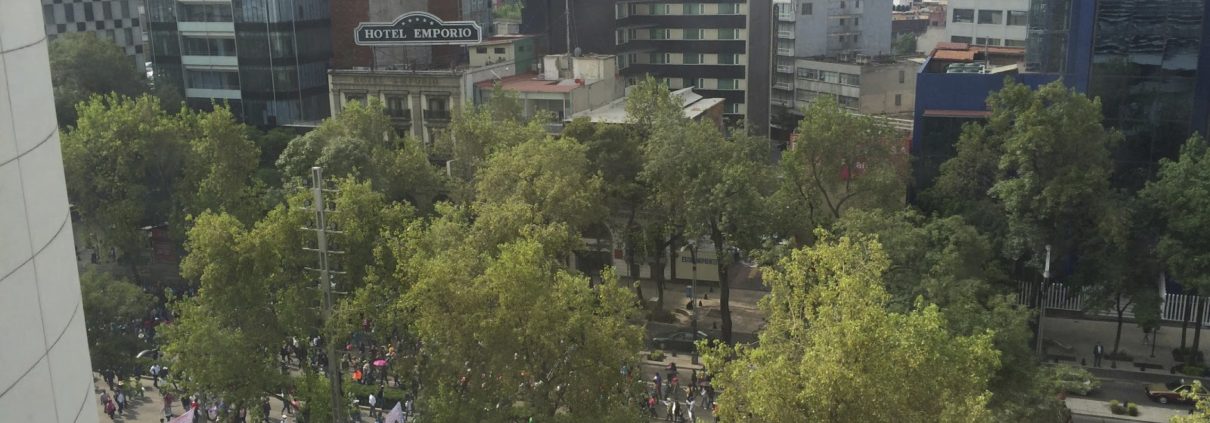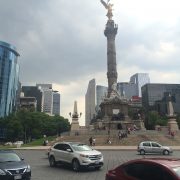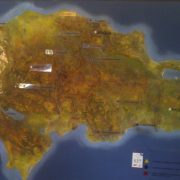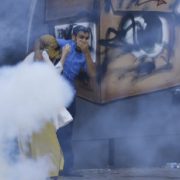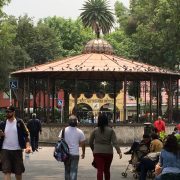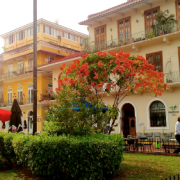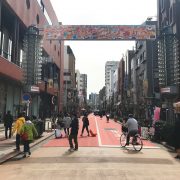Mexico City, Senado de la República
By Humberto Castro MURP ’16
On my first day at work in the Mexican Senate there was a protest, several thousand strong, right at the building’s front doors. It was still early so the protestors were teaching each other chants, fixing their signs on sticks, and checking the volume of their speakers when I walked by. All along the perimeter there were policemen in riot gear, uniformly lined up behind their shields and protected by metal blockades. The policemen were bantering amongst themselves; laughing without breaking their precise and militant line around the Senate. Everybody on the sidewalk (the uniquely aggressive honking of Mexico City morning traffic still filled Reforma Avenue) seemed to be in a reasonably amiable mood considering the circumstances.
I made my way through the protestors and tried to cross the police line but an officer quickly stopped me.
“What’s your business?”
“I work in the Senate”
“Who are you looking for?”
“Cesar Riva. Environmental Commission.”
“Who?”
I called the number I had been given and handed the phone to the police officer. The call lasted no more than 15 or 20 seconds before I was handed back my phone and the police let me through the blockade.
I assumed the protest was part of the aftermath of Mexico’s recent problematic elections. As I met Cesar and the rest of the team, they explained the protest was actually about the Mexican Supreme Court’s ruling declaring a recent, controversial, education reform as constitutional. “This one is particularly big,” said one of my officemates, referring the to the crowd we could see and hear from our seats.
“Are they common?” I asked, still dumbfounded at the scale of the crowd.
“About once a month or so.”
While none of the work that gets done in the Environmental Commission is related to the turmoil of that day, it is undeniable that it exists within the context of these difficult dialogues. The Mexican Senate building, unlike, say, the U.S. Capitol, is buttressed on all sides by urban fabric. While the building is absolutely imposing, it does not even take up an entire city block, and on days when there are no protesters, the ratio of food vendors to cops is about 1:1. The view from the tower, where all the legislative offices are housed, is far from an ideal lawn. It is diverse set of buildings, between five and 100 years old, ranging from three to 20 stories.
Urban water policy (my project for the summer) feels tangible and immediate, sometimes overly so. One of the chief observations by my boss is that policy at a national level, especially during negotiations, needs to be purposefully vague even if there is a specific end in sight. This vagueness is more useful to make alliances and allows other legislators to contribute ideas.
I haven’t seen any protests since my first day, so they were a useful reminder that policymaking is conflictive and controversial by its very nature — even if, as with Mexico’s water crisis, it is absolutely necessary.

